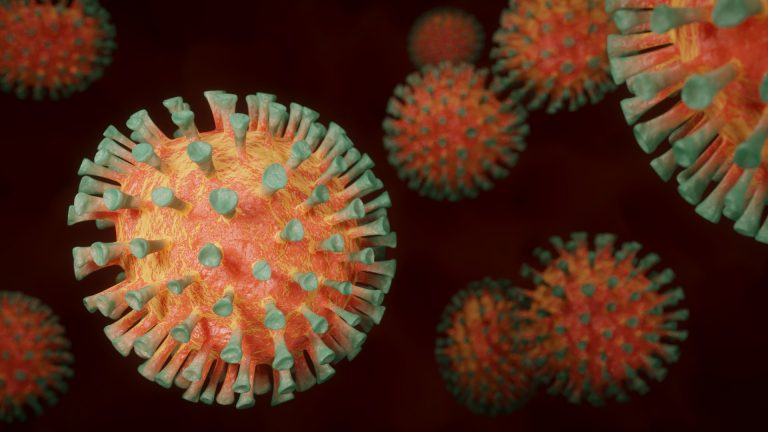The Massachusetts Department of Public Health (DPH) has reported 3,791 breakthrough cases of Coronavirus Disease 2019 (COVID-19) infections among fully vaccinated people in the state as of June 12th. The 3,791 cases are 150 more than the number reported by the DPH on June 5, and 708 more than on May 15.
A breakthrough case is where a vaccinated person contracts the illness the vaccine is designed to prevent. The department did not specify how many of the breakthrough infections were severe. “Testing to identify current infection remains critical to control of COVID-19. People with current infection can spread the virus to others,” a spokeswoman for the Department of Public Health said.
“We’re learning that many of the breakthrough infections are asymptomatic or they’re very mild and brief in duration. The viral load is not very high. Breakthroughs are expected, and we need to better understand who’s at risk and whether people who have a breakthrough can transmit the virus to others,” Boston University infectious diseases specialist Davidson Hamer said to Boston Herald.
In an April 21 report, the U.S. Centers for Disease Prevention Control and Prevention (CDC) admitted that “a small percentage of people who are fully vaccinated will still get COVID-19 if they are exposed to the virus that causes it.”
On May 28, the CDC reported 10,262 vaccine breakthrough infections as of April 30 from 46 U.S. states and territories. 6,446 of these cases, accounting for 63 percent of the total number of infections, occurred in females. 27 percent of the cases were asymptomatic, 10 percent were hospitalized, and 160 people died. The median age of infected patients was 58, while the median age of patients who died was 82.
Success
You are now signed up for our newsletter
Success
Check your email to complete sign up
However, in May, the CDC decided to stop counting the number of breakthrough infections. The agency now only counts the number of vaccinated people who end up hospitalized or dead from COVID-19. Critics believe the move was motivated by a desire to minimize negative press on the vaccines.
As of June 23, 709,544 cases of COVID-19 have been reported in Massachusetts, with reported 17,982 deaths. 70 percent of the state’s population has received at least one dose of a COVID-19 vaccine, while 60 percent has been fully vaccinated.
COVID-19 studies among the vaccinated
The Telegraph reported on a study by the University of Washington, later accepted as a manuscript on June 24 in the Clinical Infectious Diseases journal, which examined the impact of coronavirus variants on vaccinated individuals. The researchers collected samples from 20 healthcare workers who had been inoculated with Pfizer-BioNTech or Moderna vaccines, but still got infected with the SARS-CoV-2 virus.
The 20 healthcare workers were all found to be infected with variants of concern. Eight had the UK variant, 10 had one of the two California variants, one had the South African variant, and one had the Brazilian variant. The vaccinated individuals had high viral loads, which meant that they were more infectious and likely to shed viral particles.
The lead author of the study, Dr. Pavitra Roychoudhury, stated that the initial prevailing understanding was that breakthrough cases would likely be mild. “But in contrast to that, what we saw among our 20 samples was that a number of them actually had quite robust viral loads. That was concerning in the sense that there was definitely enough virus to sequence, and potentially there might be enough virus to transmit,” Roychoudhury said.
A study published on June 14 in Nature assessed breakthrough case rates among individuals fully vaccinated with the Pfizer-BioNTech vaccine. Vaccine recipients who tested positive at least seven days after receiving the second dose were “disproportionately infected” with the South African B.1.351 variant.
The vaccine recipients who tested positive between two weeks after the first dose and six days after the second dose were disproportionately affected by the UK B.1.1.7 variant. “These findings suggest reduced vaccine effectiveness against both VOCs (variants of concern) within particular time windows,” the abstract states.
















